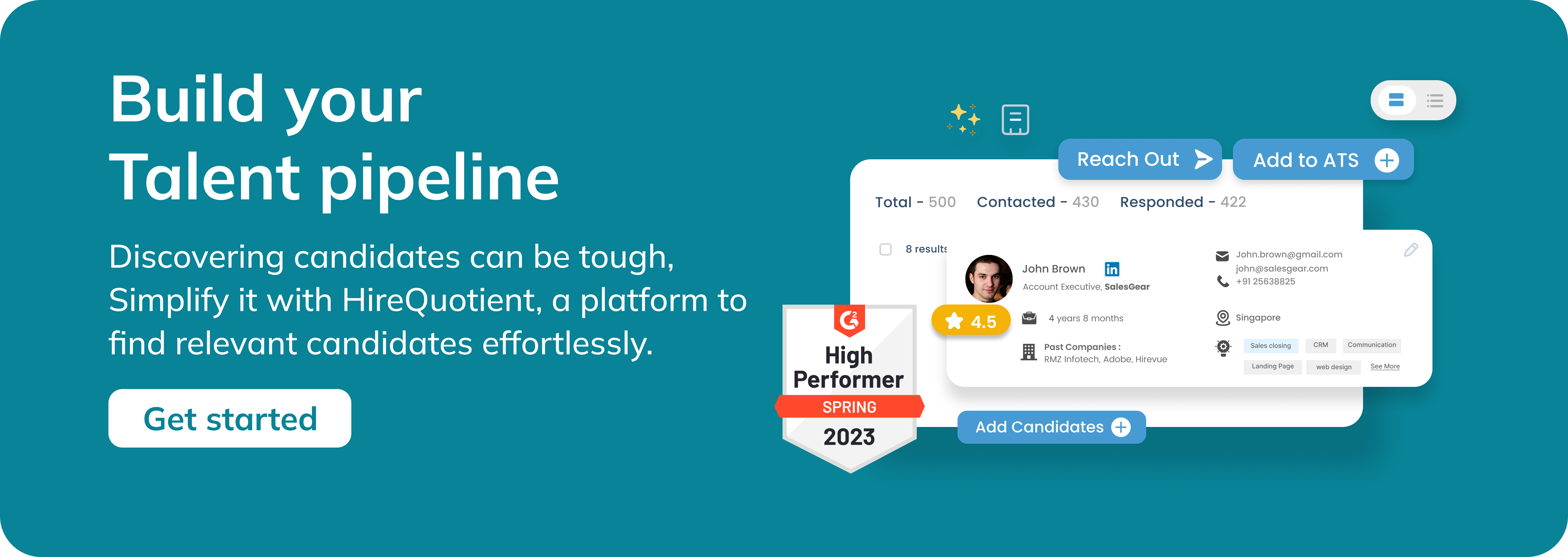Accommodations that Support Neurodiversity in the Workplace
Published on August 31st, 2023
In today's diverse workforce, the term "neurodiversity" has gained prominence. It recognizes that neurological differences, such as autism, ADHD, dyslexia, and other conditions, are natural variations of the human brain. Embracing neurodiversity is not just about promoting inclusivity; it's also an investment in tapping into the unique talents and perspectives that neurodivergent individuals can bring to the table. To support neurodiversity in the workplace, it's essential to provide accommodations that foster a more inclusive and accepting environment. In this blog post, we'll explore various accommodations that can make a significant difference.
Flexible Work Hours
Many neurodivergent individuals have specific routines or sensory needs that may require flexibility in their work schedules. Allowing flexible work hours enables them to create a routine that suits their needs, helping reduce stress and anxiety. Whether it's starting work earlier or later in the day, accommodating these variations can lead to increased productivity and job satisfaction.
Sensory-Friendly Workspaces
Neurodivergent individuals may have heightened sensitivities to sensory stimuli, such as bright lights, loud noises, or crowded spaces. Providing sensory-friendly workspaces can make a world of difference. This might include adjustable lighting, noise-canceling headphones, or designated quiet zones where employees can retreat when they need a break from sensory overload.
Clear Communication and Expectations
Clarity in communication is crucial for all employees, but it's especially important for neurodivergent individuals who may have difficulty interpreting social cues or non-verbal communication. Employers can help by providing clear instructions, written guidelines, and feedback in a straightforward and concise manner. Regular check-ins and open lines of communication can also be invaluable.
Alternative Communication Methods
In some cases, neurodivergent individuals may struggle with traditional communication methods. Offering alternative means of communication, such as written instructions, email, or instant messaging, can help bridge the gap and ensure that everyone has access to information and can contribute effectively.
Job Tailoring and Flexibility
Recognizing that neurodivergent individuals may excel in specific areas or have unique strengths, job roles can be tailored to maximize their potential. Providing opportunities for skill-based job matching and flexibility in tasks can empower neurodivergent employees to shine in their roles.
Sensitivity Training and Awareness Programs
Promoting neurodiversity in the workplace involves educating all employees about the concept and providing training on interacting with neurodivergent colleagues. Sensitivity training can help create a more understanding and empathetic workplace culture, fostering a sense of belonging for everyone.
Quiet Spaces and Breaks
Neurodivergent individuals may benefit from designated quiet spaces where they can take short breaks to recharge or regroup. These spaces can be equipped with comfortable seating and tools like fidget toys or sensory items to aid relaxation and reduce stress.
Assistive Technology and Tools
Technology has come a long way in providing solutions for neurodivergent individuals. Employers can invest in assistive technology, such as text-to-speech software, speech-to-text software, or specialized apps, to help neurodivergent employees succeed in their roles.
Mentorship and Support Networks
Establishing mentorship programs or support networks within the workplace can help neurodivergent employees connect with colleagues who have similar experiences. This can provide a sense of community and emotional support, making it easier for them to navigate the workplace.
Conclusion
Creating accommodations that support neurodiversity in the workplace isn't just about complying with legal requirements; it's about fostering a culture of inclusion and acceptance. By implementing these accommodations, organizations can tap into a wealth of untapped talent and create an environment where all employees, regardless of their neurodiversity, can thrive and contribute their unique perspectives and abilities. Embracing neurodiversity isn't just the right thing to do; it's also a smart business decision that can lead to innovation, creativity, and enhanced productivity.
About HireQuotient
HireQuotient is an HR-tech platform that envisions to streamline sourcing and hiring candidates for recruiters.
EasySource - an automated candidate sourcing tool straightens the entire sourcing process and lets recruiters find candidates in less than 5 minutes. EasyAssess - a skills based assessment platform that offers tailored assessments in all non-technical domains to vet candidates before hiring them.
To know more, book a demo.
Authors

Radhika Sarraf
Radhika Sarraf is a content specialist and a woman of many passions who currently works at HireQuotient, a leading recruitment SaaS company. She is a versatile writer with experience in creating compelling articles, blogs, social media posts, and marketing collaterals.
Hire the best without stress
Ask us how
Never Miss The Updates
We cover all recruitment, talent analytics, L&D, DEI, pre-employment, candidate screening, and hiring tools. Join our force & subscribe now!
Stay On Top Of Everything In HR



